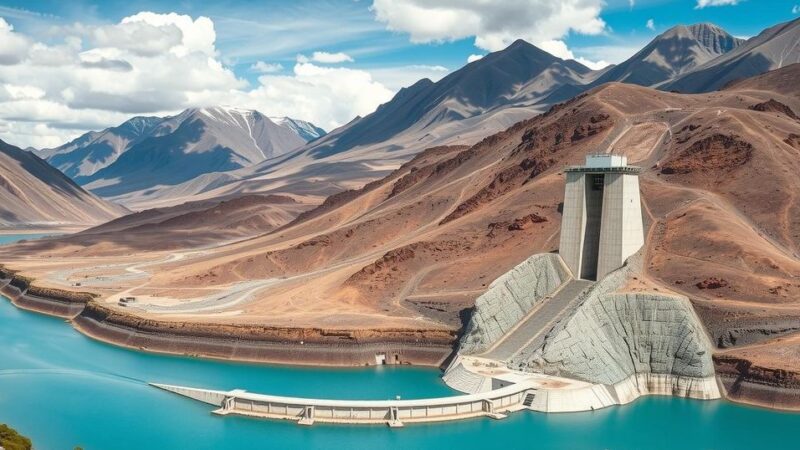The Australian National University report emphasizes that climate change has disrupted the Earth’s water cycle, leading to more severe water-related disasters. The 2024 Global Water Monitor Report links rising global temperatures and extreme weather patterns, indicating increased frequency and severity of events such as monsoons and droughts. The report predicts continued worsening conditions through 2025, including intensified heatwaves, storms, and rainfall.
A recent report by the Australian National University (ANU) reveals that climate change has profoundly disturbed the Earth’s water cycle, resulting in an increase in extreme water-related catastrophes. The 2024 Global Water Monitor Report cites record-setting global temperatures and intensified precipitation events from the previous year. It underscores the link between rising temperatures, caused by fossil fuel emissions, and the growing severity and frequency of monsoons, cyclones, and other storm systems across the globe.
In the preceding year, average air temperatures over land soared to unprecedented levels, exceeding the 1995-2005 average by 1.2°C (approximately 2°F). Over half of the global population from 111 countries experienced their hottest recorded year, with 34 nations marking new temperature highs. The report also notes that climate change has made droughts in Southern Africa and monsoon floods in West Africa not only more likely but more extreme. As the situation evolves, further rises in global temperatures are anticipated by 2025, which will likely lead to increased occurrences of heatwaves, heightened fire risks, and more intense storms and rainfall events.
The ongoing challenge of climate change significantly impacts the planet’s natural water systems, leading to severe repercussions including droughts and floods. The Earth’s water cycle, which is crucial for maintaining ecological balance, is increasingly disturbed by rising global temperatures. This escalates the intensity of weather-related disasters, a trend that has been documented through numerous scientific studies. Understanding these impacts is essential to developing effective responses within a rapidly changing climate.
In conclusion, the findings of the 2024 Global Water Monitor Report highlight the critical interplay between climate change and the Earth’s water cycle, pointing to a future characterized by greater environmental volatility. The increase in extreme weather events as a direct result of global warming demands immediate attention and action to mitigate these effects, restore balance, and safeguard vulnerable regions worldwide.
Original Source: www.aa.com.tr







